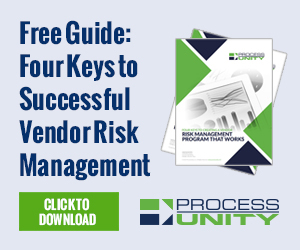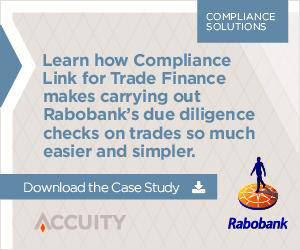|
This ABA Banking Journal newsletter is a free, twice-monthly supplement to the ABA Banking Journal magazine intended to help you stay on top of industry and policy news.
You can also stay abreast of banking news by visiting aba.com/BankingJournal, home to ABA Daily Newsbytes stories, digital exclusives, the ABA Banking Journal Podcast and more.
When it comes to the security of EMV technology, it’s the chip—not the signature or PIN—that matters the most, says ABA SVP Jess Sharp. (American Banker)
|
Amid the rising popularity of bitcoin and other private digital currency technologies, central bankers around the world are studying the possibility of issuing virtual money backed by the government itself. (Wall Street Journal)
|
Though economists see the U.S. entering a recession soon, these reports underscore the fact that the current economic expansion is quite long by historical standards, and like all other expansions, will end in a recession. (Fortune)
|
A large majority of banks provide small dollar loans effectively (with low charge-offs) and have the capacity to expand their small dollar lending, were market and regulatory conditions to allow for it, according to an ABA survey of senior bank officers. (ABA Banking Journal)
|
Credit risk for both retail and commercial loan products has increased over the past three years and is expected to continue rising in 2016, according to the OCC’s 21st annual Survey of Credit Underwriting Practices.
|
President Obama signed a long-term highway bill that included several regulatory relief provisions long advocated by ABA. Unfortunately, the bill also includes a strongly opposed "pay for" – a reduction in the Federal Reserve Bank dividend paid to member banks with $10 billion or more in assets.
|
The Federal Reserve is revamping the way it oversees its annual bank stress tests, after internal reviews found the regulator wasn’t handling the exams with the same rigor it demands from financial institutions. (Wall Street Journal)
|
Bank stocks should rise along with interest rates, or so the thinking generally goes around Wall Street. The reality, though, is quite a bit more complicated. (CNBC)
|
The Federal Reserve has recently approved rules to amend the existing capital plan as well as stress testing guidelines. These will be effective in 2016. Federal Reserve governor Daniel Tarullo said there’s "more than a pretty good chance" that banks will face "some net increase in the post-stress minimum requirements." (Market Realist)
|
January 24-27
Naples, FL
Feb 14-17
Palm Desert, CA
Feb 28-Mar 1
Phoenix, AZ
|
|









